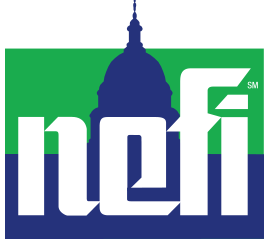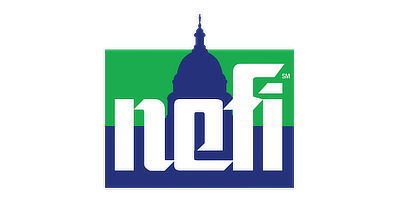In the late days of the Biden Administration, the Environmental Protection Agency awarded grants worth $16 billion to five nonprofits to promote the reduction of greenhouse gas emissions. Citing concerns about conflicts of interest and lack of oversight, EPA terminated the grants in March 2025. The grantees sued, and the district court entered a preliminary injunction ordering EPA and Citibank to continue funding the grants. The U.S. Court of Appeals, in a 2-1 decision, overturned the district court order and vacated the injunction.
The grants were awarded under the Greenhouse Gas Reduction Fund, for which Congress appropriated $27 billion as part of Inflation Reduction Act of 2022. In August 2024, EPA awarded $20 billion to eight nonprofits pursuant to two of the grant programs it created: the National Clean Investment Fund and the Clean Communities Investment Accelerator.
According to the EPA website, the funds were intended to combat the climate crisis by mobilizing financing and private capital for greenhouse gas- and air pollution-reducing projects in communities across the country. The programs were expected to "finance clean technology deployment nationally, finance clean technology deployment in low-income and disadvantaged communities while simultaneously building the capacity of community lenders that serve those communities, and spur adoption of clean distributed solar energy that lowers energy bills for millions of Americans in low-income and disadvantaged communities."
Each grant involved an agreement between the nonprofit and EPA. Typically, grant funds are held by the U.S. Treasury and disbursed incrementally as grantees use the funds for program purposes. EPA structured these grants, however, using Citibank as a middleman that would hold the funds as a "financial agent" of the United States. According to EPA, this was the first time the federal government used a financial agent, as opposed to Treasury, to carry out this kind of grant program.
The record includes a widely publicized video in which an EPA employee was recorded describing how "until recently" his role was to make sure proper "processes are in place to ... prevent fraud and to prevent abuse," but after the election of President Donald Trump, EPA was "just trying to get the money out as fast as possible before they come in and ... stop it all." The employee compared the situation to "throwing gold bars off the Titanic."
The month before President Trump's inauguration, EPA modified the grant agreements to make it more difficult for the government to terminate the grants. A week before the inauguration, EPA amended the grant agreements to require Citibank to "continue to disburse funds" to the grantees, even if the government exercised its right of exclusive control, if the funds are "associated with financial obligations 'properly incurred'" before the government exercised its right.
In February 2025, Citibank froze the accounts after a recommendation from the FBI; EPA later terminated the grants. Subsequently, Congress repealed the Greenhouse Gas Reduction Act, so the unobligated funds could not be spent. But this case proceeded as to the obligated funds under the Act.
The court of appeals held that the injunction was improperly granted because the claims of the grantees are essentially contractual and should have been brought in the U.S. Court of Federal Claims. In addition, the appeals court ruled that the grantees' constitutional claims were meritless.
Thus, the grantees must pursue their claims by refiling the case in the Court of Claims. But the appeals court held that the federal government has wide discretion in handling the unobligated grant funds and must have appropriate procedures in place to review and disburse funds.
Note this decision does not affect direct heat pump subsidies under the IRA, such as the state residential heat pump rebates or the Biden-era grant for the New England Heat Pump Accelerator. These programs were funded under separate statutes of the IRA and remain unaffected by this ruling. NEFI has expressed concerns about these heat pump programs to the new administration and will continue to engage with the DOE and EPA on these matters.

 Admin - 01:00 pm -
September 10th, 2025
Admin - 01:00 pm -
September 10th, 2025 







